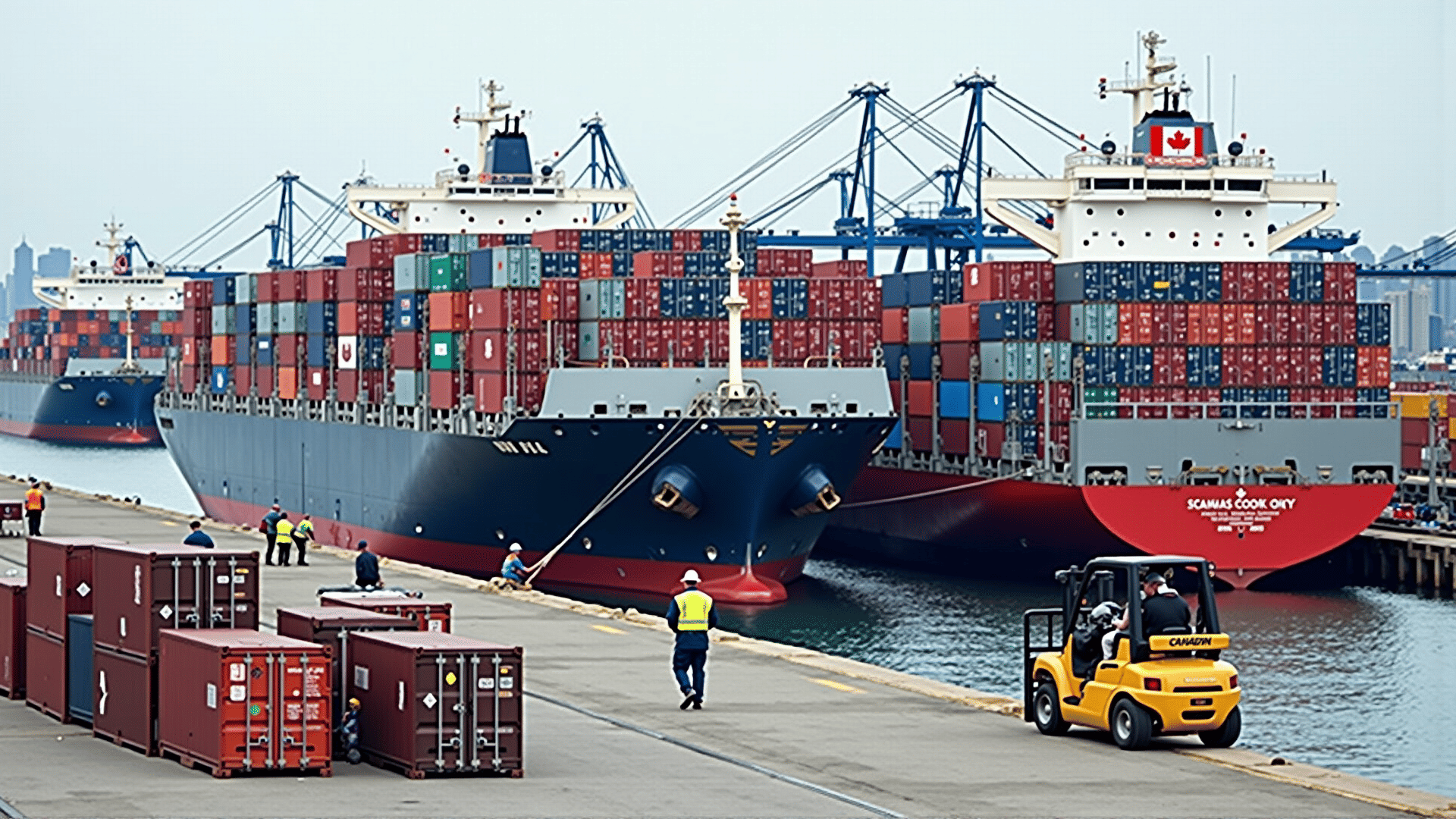Canada is a nation deeply integrated into the global economy, with trade policies that have substantial impacts both domestically and internationally. These policies play a vital role in shaping the economic relations Canada maintains with other countries, while also influencing worldwide trade practices.
Overview of Canada's Trade Policies
Canada's trade policies are rooted in the principles of open markets, transparency, and reciprocity. The country is an active member of numerous international trade organizations, including the World Trade Organization (WTO) and the North American Free Trade Agreement (NAFTA), now replaced by the United States-Mexico-Canada Agreement (USMCA). These agreements are foundational to Canada’s strategy in promoting fair trade practices and removing barriers to international commerce.
Economic Indicators Guiding Policy
The formulation of Canada’s trade policies is heavily influenced by various economic indicators. Key among these are the trade balance, Gross Domestic Product (GDP), and employment rates. A favorable trade balance, where exports surpass imports, is often a primary goal, as it bolsters national economic growth and stability.
GDP is another critical measure, reflecting the economic health and prosperity of the nation. A thriving export sector can contribute significantly to GDP growth, encouraging policies that support Canadian businesses in foreign markets. Employment rates are also a vital consideration, as trade policies ideally aim to create and sustain jobs by opening up international markets for Canadian products and services.
Impact on Global Economies
Canada's trade policies not only shape its own economic landscape but also influence global economies. The country is a major exporter of natural resources, technology, and manufactured goods, making it a key player in the global supply chain. Policies aimed at enhancing export capabilities can, therefore, have ripple effects across various industries worldwide.
Moreover, Canada's commitment to equitable trade practices often sets a standard for other countries. By championing sustainable and ethical trade, Canada promotes responsible economic growth, which can encourage other nations to adopt similar policies, ultimately leading to a more balanced global trade environment.
Outcomes and Future Directions
The outcomes of Canada’s trade policies have been largely positive, with the nation enjoying a robust trade environment that supports economic growth and employment. Moving forward, the challenge remains to adapt to an ever-evolving global trade landscape, characterized by technological advancements and shifting geopolitical tensions.
In conclusion, Canada’s trade policies are a central component of its economic strategy, shaping not only its domestic economy but also contributing to the architecture of international trade. By focusing on openness, reciprocity, and the well-being of its citizens, Canada demonstrates how nations can yield substantial benefits from well-crafted trade policies.
